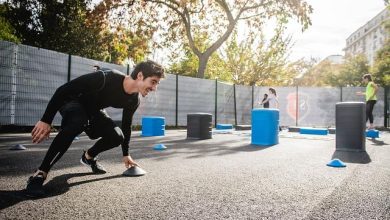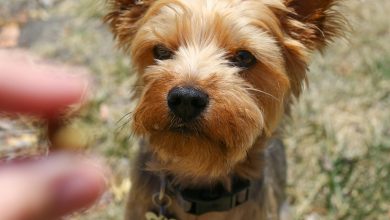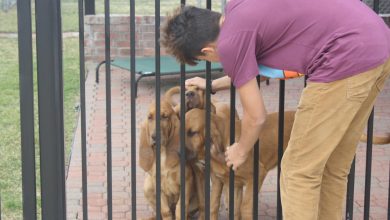Best Reward-Based Training Techniques for New Puppies
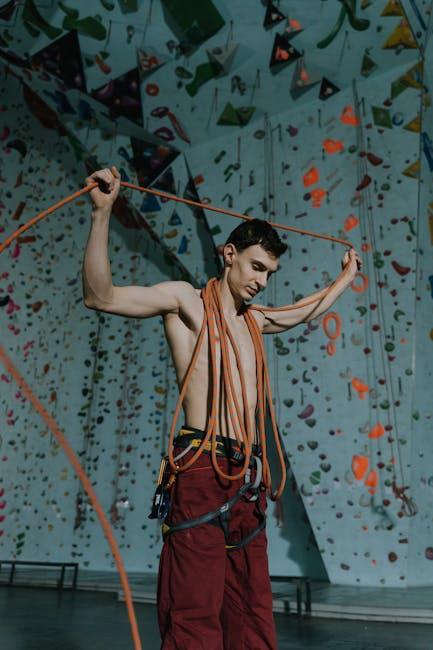
Welcoming a new puppy into your home is an adventure filled with wagging tails, playful barks, and the occasional chewed-up slipper. As these furry bundles of energy explore their new world, it becomes essential for pet owners to guide them with patience and care. Reward-based training techniques offer a gentle yet effective approach to teaching new puppies the ropes of good behavior. These methods not only foster a strong bond between owner and pup but also encourage positive learning experiences. In this article, we delve into the best reward-based training techniques that can transform your playful rascal into a well-mannered companion, making the journey of puppyhood both joyful and rewarding.
Understanding the Basics of Reward-Based Training
At the heart of nurturing well-behaved puppies is the understanding of how reward-based training works. This approach revolves around the simple principle of reinforcing positive behavior with incentives that are meaningful to your puppy. The key is to identify what truly motivates your puppy—whether it’s treats, toys, or affectionate praise—and use these as tools to encourage desirable actions. Consistency and timing are crucial; rewards should be given immediately after the desired behavior to establish a clear connection between the action and the reward.
- Start Simple: Begin with basic commands like “sit” and “stay,” rewarding your puppy as soon as they perform the action correctly.
- Gradual Progression: Increase the complexity of tasks gradually, ensuring that your puppy is ready for each new challenge.
- Use a Variety of Rewards: Mix up the types of rewards to keep your puppy engaged and excited.
- Positive Reinforcement: Focus on what your puppy does right, rather than punishing unwanted behavior.
Incorporating these techniques will not only help in shaping your puppy’s behavior but also strengthen the bond between you and your furry friend. Remember, patience and positivity are your best allies in this rewarding journey.
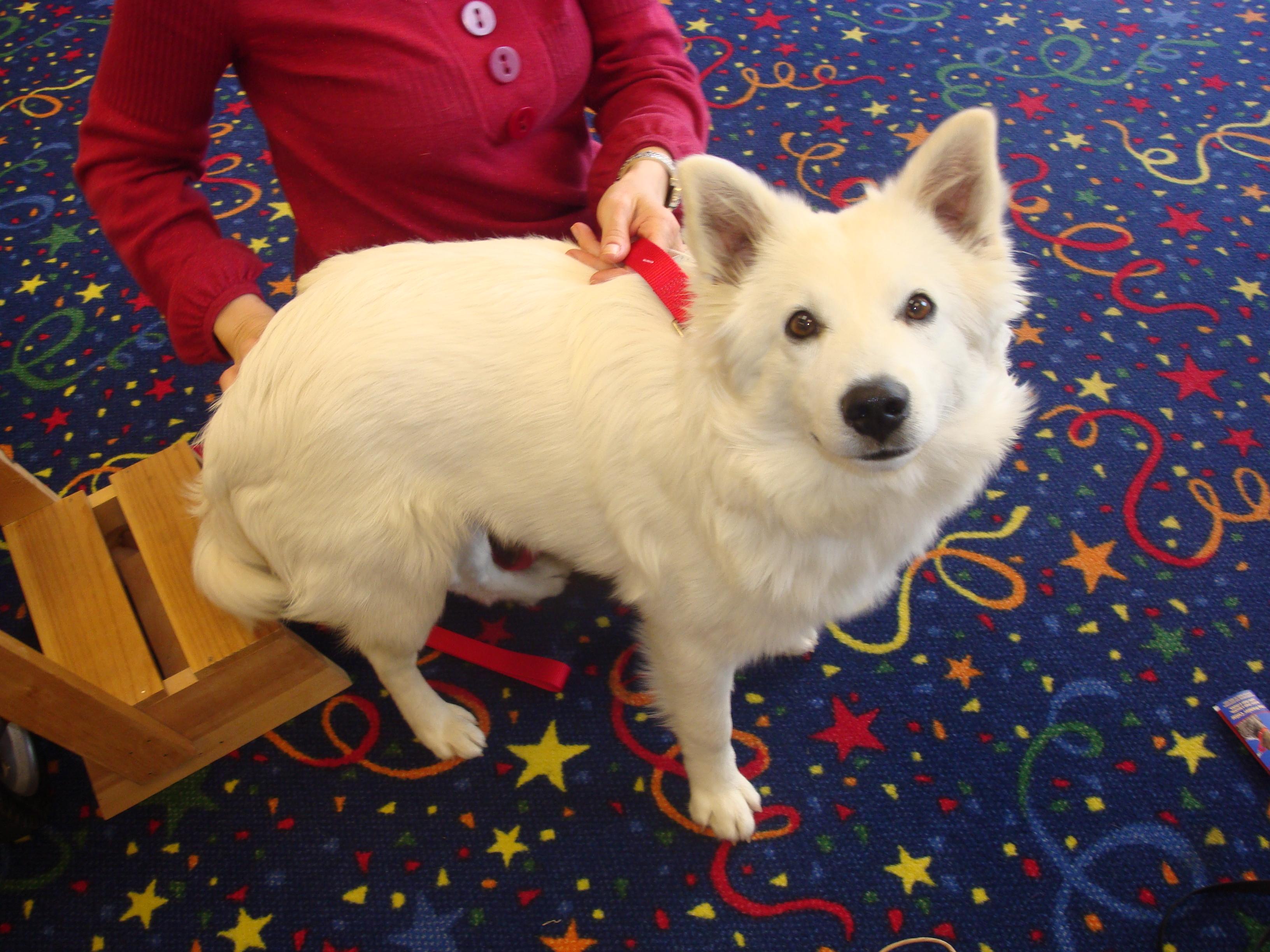
Building a Strong Bond Through Positive Reinforcement
Creating a harmonious relationship with your new puppy can be a delightful journey when you utilize reward-based training techniques. By focusing on positive reinforcement, you can encourage desired behaviors while fostering a nurturing environment. Consistency and patience are key. When your puppy successfully follows a command or exhibits good behavior, immediately reward them with a treat, a favorite toy, or enthusiastic praise. This immediate feedback helps your puppy understand the connection between their actions and the rewards they receive.
- Clicker Training: Use a clicker to mark the exact moment your puppy performs the desired action, followed by a treat. This method helps in creating a clear communication channel.
- Treats and Rewards: Choose small, tasty treats that your puppy loves. Keep training sessions short and engaging, ensuring your puppy remains focused and eager to learn.
- Verbal Praise: Compliment your puppy with a cheerful tone. Words like “good boy” or “good girl” can be very effective when paired with a treat or a pat.
- Interactive Play: Incorporate playtime as a reward. Engaging in a quick game of fetch or tug-of-war can reinforce positive behavior and strengthen your bond.
These techniques not only aid in training but also enhance the emotional connection between you and your puppy, setting the foundation for a lifelong friendship.
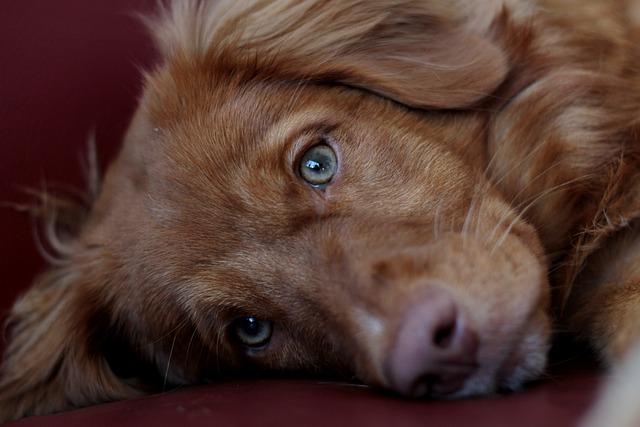
Choosing the Right Rewards for Your Puppys Personality
Understanding your puppy’s unique personality is crucial when selecting rewards for training. Just like humans, puppies have individual preferences and motivators. For food-driven pups, a selection of high-value treats such as small pieces of chicken or cheese can work wonders. If your puppy is more toy-motivated, consider using a favorite squeaky toy or a game of tug-of-war as a reward. Tailoring the reward to what your puppy finds most enticing will not only make training sessions more enjoyable but also more effective.
For puppies that thrive on social interaction, verbal praise and petting can be powerful motivators. A gentle “good boy” or “good girl,” coupled with a scratch behind the ears, can be just as rewarding as a treat. Alternatively, if your puppy enjoys mental stimulation, you might introduce a brief session with a puzzle toy or a new trick challenge as a reward. By aligning rewards with your puppy’s personality, you foster a deeper bond and make learning an exciting adventure for both of you.

Troubleshooting Common Challenges in Puppy Training
Training a new puppy can be both an exciting and challenging experience. As you embark on this journey, you’re likely to encounter some common hurdles. Consistency is key when your puppy seems to ignore commands. Ensure that everyone in the household uses the same cues and rewards, helping your furry friend understand what’s expected. If your puppy is easily distracted, consider training in a quiet environment to minimize disruptions. Gradually introduce more distractions as they become more focused.
- Chewing and Biting: Redirect their attention to appropriate chew toys and reward them for using them.
- Housebreaking: Establish a routine and praise them for eliminating in the right spot. Consistency is crucial here.
- Jumping Up: Ignore the jumping and reward them when all four paws are on the ground.
Remember, patience and positive reinforcement go a long way. Celebrate small victories and adjust your approach as needed. With time and dedication, these challenges will become stepping stones to a well-behaved companion.
